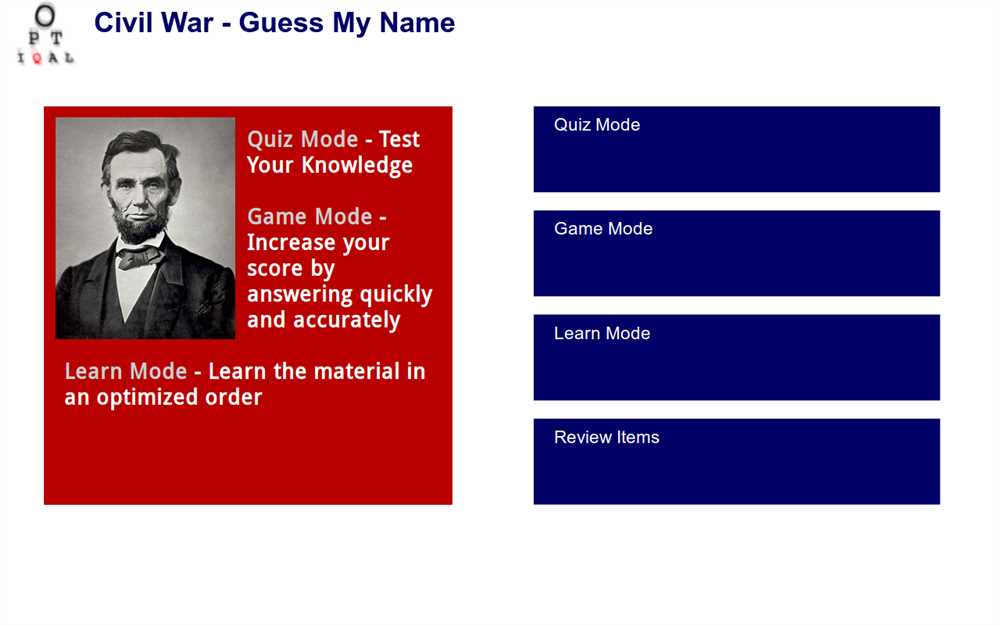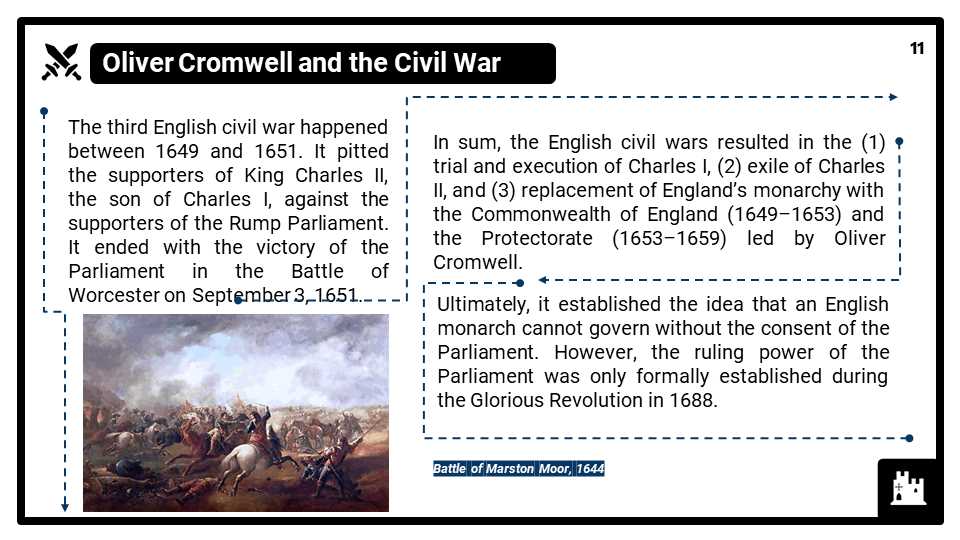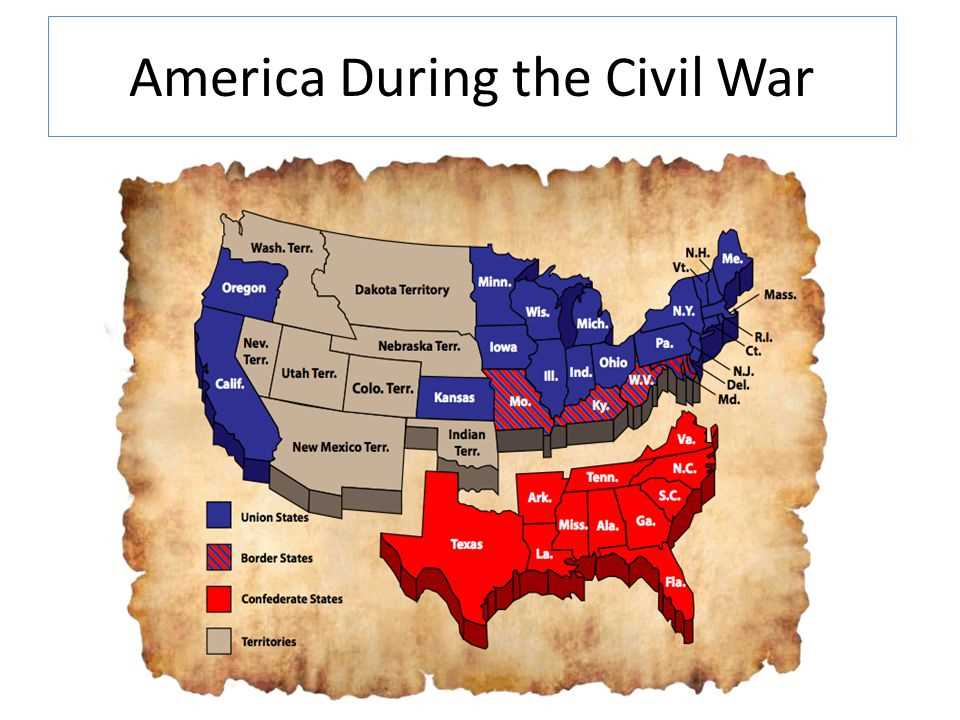
The civil war is a significant event in history that continues to captivate people’s attention and curiosity. It was a complex conflict that divided a nation and had long-lasting consequences. Over the years, many questions have arisen about the civil war and its various aspects. In this article, we will explore some of these questions and provide answers to shed light on this pivotal period.
One common question that arises is why did the civil war start? The civil war was primarily caused by the divisive issue of slavery. The southern states, where the economy relied heavily on slave labor, wanted to preserve and expand this institution, while the northern states were more inclined towards abolition. The growing tension between these two regions eventually led to the outbreak of war in 1861.
Another frequently asked question is how long did the civil war last? The civil war lasted for four years, from 1861 to 1865. It was a brutal and bloody conflict, with both sides suffering tremendous loss of life and resources. The war finally came to an end when General Robert E. Lee surrendered to General Ulysses S. Grant at Appomattox Court House in April 1865.
One intriguing question that often arises is what were the key battles and turning points of the civil war? Some of the key battles of the civil war include the Battle of Gettysburg, the Battle of Antietam, and the Battle of Vicksburg. These battles had significant strategic and symbolic importance and marked crucial turning points in the war. For example, the Union victory at Gettysburg is often seen as a turning point in favor of the Union forces.
Questions about the Civil War with Answers

The Civil War was a significant event in American history, and there are many questions that arise when studying this period. Here are some common questions about the Civil War, along with their answers.
1. What were the main causes of the Civil War?
The main causes of the Civil War were the issues of slavery and states’ rights. The South was heavily reliant on slave labor for its agricultural economy, while the North believed in the abolition of slavery. This fundamental difference in ideology led to tensions between the two regions and eventually resulted in the outbreak of war.
2. When did the Civil War start and end?
The Civil War started on April 12, 1861, when Confederate forces attacked Fort Sumter in South Carolina. It officially ended on April 9, 1865, when General Robert E. Lee surrendered to General Ulysses S. Grant at Appomattox Court House in Virginia.
3. How many casualties were there in the Civil War?
The Civil War was one of the deadliest conflicts in American history. It is estimated that around 620,000 soldiers lost their lives during the war. This includes both Union and Confederate troops.
4. Who were the key figures in the Civil War?

There were many key figures who played important roles in the Civil War. On the Union side, President Abraham Lincoln, General Ulysses S. Grant, and General William Tecumseh Sherman were influential leaders. On the Confederate side, President Jefferson Davis, General Robert E. Lee, and General Stonewall Jackson were prominent figures.
5. What were the major battles of the Civil War?
Some of the major battles of the Civil War include the First Battle of Bull Run, the Battle of Gettysburg, and the Siege of Vicksburg. These battles had significant impacts on the outcome of the war and shaped its course.
6. What was the Emancipation Proclamation?

The Emancipation Proclamation was an executive order issued by President Abraham Lincoln on January 1, 1863. It declared that all slaves in Confederate-held territory were to be set free. While it did not immediately free all slaves, it signaled a shift in the Union’s policy towards slavery and had a profound impact on the course of the war.
- Overall, the Civil War was a complex and transformative period in American history. It resulted in significant changes, including the abolition of slavery and the preservation of the Union. Understanding the answers to these questions is crucial in comprehending the importance and impact of the Civil War.
What caused the Civil War?
The Civil War, which occurred in the United States from 1861 to 1865, was primarily caused by the issue of slavery. Tensions between the Northern states, which were industrialized and had largely abolished slavery, and the Southern states, which relied on slave labor to sustain their agrarian economy, had been growing for many years.
The election of Abraham Lincoln as President in 1860, on a platform that opposed the expansion of slavery into new territories, served as a tipping point for the Southern states. They feared that Lincoln’s presidency would lead to the eventual abolition of slavery, which threatened their way of life and economic stability.
The secession of Southern states began in December 1860, following Lincoln’s election but before he took office. South Carolina was the first state to secede, followed by Mississippi, Florida, Alabama, Georgia, Louisiana, and Texas. These states formed the Confederate States of America, which was a separate government that aimed to protect and uphold the institution of slavery.
While slavery was the main cause of the Civil War, other factors also contributed to the conflict. These included economic differences between the North and South, political rivalries, and debates over states’ rights. However, the fundamental divide over slavery could not be resolved peacefully, ultimately leading to the outbreak of the Civil War.
The main causes of the Civil War:
- Slavery and its expansion into new territories
- Tensions between the industrialized North and the agrarian South
- The election of Abraham Lincoln as President
- Differences in economic interests
- Political rivalries and debates over states’ rights
When did the Civil War start?
The American Civil War, also known as the War Between the States, began on April 12, 1861. The conflict emerged as a result of long-standing tensions between the Northern and Southern states over issues such as slavery, economics, and states’ rights. The first shots of the war were fired at Fort Sumter in Charleston, South Carolina, when Confederate forces attacked the Union-held fort. This marked the beginning of a brutal and bloody four-year conflict that would forever change the course of American history.
Prior to the formal outbreak of hostilities in 1861, there were growing disagreements between the North and the South over the institution of slavery. The Southern states relied on enslaved labor for their agricultural-based economy, while the Northern states opposed slavery and sought to abolish it. These differences in opinion and the struggle for power within the United States eventually culminated in the secession of several Southern states, leading to the formation of the Confederate States of America and the outbreak of war.
- April 12, 1861: The war begins with the Confederate attack on Fort Sumter.
- January 1, 1863: President Abraham Lincoln issues the Emancipation Proclamation, declaring that all slaves in Confederate-held territory are to be set free.
- April 9, 1865: General Robert E. Lee surrenders to Union General Ulysses S. Grant at Appomattox Court House in Virginia, effectively ending the war.
The Civil War was the deadliest conflict in American history, with an estimated 620,000 to 750,000 soldiers and civilians losing their lives. It was a transformative period in American society, leading to the abolition of slavery, the reunification of the United States, and the emergence of a more centralized federal government. The impact of the Civil War can still be felt in the social, political, and economic fabric of the United States today.
How long did the Civil War last?
The American Civil War, which was fought between the Northern states (Union) and the Southern states (Confederacy), lasted for four years from 1861 to 1865. This deadly conflict was one of the bloodiest wars in American history, resulting in the death of an estimated 620,000 soldiers and civilians.
The war began on April 12, 1861, when Confederate forces attacked Fort Sumter, a Union stronghold in South Carolina. This marked the official start of the conflict, although tensions between the North and South had been brewing for many years over issues such as slavery, states’ rights, and economic differences.
The Civil War had a profound impact on the nation, forever changing the course of American history. It brought an end to slavery with the passage of the 13th Amendment, and it strengthened the power of the federal government. The war also devastated the Southern economy and infrastructure, leading to significant social and economic changes in the region.
Ultimately, the Union emerged victorious and the Confederacy was defeated, marking the reunification of the United States. The Civil War serves as a reminder of the struggles and sacrifices made by both sides, and its consequences continue to shape the nation to this day.
Main Leaders of the Civil War
The Civil War, which occurred in the United States from 1861 to 1865, was a major conflict that divided the nation between the Union and the Confederacy. Numerous leaders emerged during this time, each playing a significant role in shaping the outcome of the war.
Some of the main leaders of the Civil War included:
- Abram Lincoln: As the President of the United States during the Civil War, Lincoln led the Union and was committed to preserving the Union and ending slavery. His leadership helped steer the nation towards victory.
- Jefferson Davis: Davis was the President of the Confederacy, the group of states that seceded from the Union to form their own government. He played a crucial role in organizing and leading the Confederate forces.
- Ulysses S. Grant: Grant was a Union general who eventually became the commander of all Union armies. His military strategies and determination contributed to the eventual Union victory.
- Robert E. Lee: Lee was a Confederate general and is often regarded as one of the most talented military leaders of the Civil War. He played a crucial role in several major battles and campaigns.
- William T. Sherman: Sherman was a Union general known for his aggressive and destructive tactics, particularly during his “March to the Sea.” His campaigns helped weaken the Confederacy and bring the war to a close.
These leaders, along with many others, shaped the outcome of the Civil War through their military strategies, political decisions, and overall leadership. The conflict ended with the Union’s victory and the abolition of slavery, marking a significant turning point in American history.
How did the Civil War affect the United States?
The Civil War had a profound impact on the United States, shaping the nation’s history and transforming it in many ways. One of the most significant effects of the war was the abolition of slavery. With the Emancipation Proclamation in 1862 and the passage of the 13th Amendment in 1865, millions of enslaved African Americans were granted their freedom. This marked a major step towards equality and changed the social and economic dynamics of the country.
Another consequence of the Civil War was the preservation of the Union. Prior to the war, there were concerns about the secession of the Southern states and the dissolution of the United States. However, the Union victory ensured the continued existence of the nation and reinforced the power of the federal government. This led to a centralized authority and strengthened the idea of a united and indivisible country.
The Civil War also had an immense impact on the economy of the United States. The war stimulated industrialization and accelerated technological advancements, particularly in the areas of transportation and communication. The demand for weapons and other supplies during the war spurred the growth of factories and the development of new industries. Additionally, the war led to the expansion of the railway system, enabling greater commerce and trade across the country.
The social and cultural fabric of the United States was also deeply affected by the Civil War. The war brought about a sense of national identity and unity, as people from different regions and backgrounds fought alongside each other for a common cause. It also resulted in the loss of numerous lives and devastated many communities, leaving a lasting impact on the nation’s psyche. The war’s aftermath saw the emergence of war veterans’ organizations and the establishment of Memorial Day as a way to honor and remember the fallen soldiers.
Major Battles of the Civil War
The American Civil War, which took place from 1861 to 1865, was a significant conflict that shaped the history of the United States. It was fought between the northern states, known as the Union, and the southern states, known as the Confederacy. The war resulted in numerous major battles that had a lasting impact on the outcome of the conflict.
One of the most well-known battles of the Civil War was the Battle of Gettysburg, which took place in July 1863 in Pennsylvania. It was the largest battle ever fought in North America and resulted in heavy casualties on both sides. The Union victory at Gettysburg marked a turning point in the war and gave Lincoln the opportunity to deliver his famous Gettysburg Address.
- The Battle of Antietam: Fought in September 1862 in Maryland, it was the bloodiest single-day battle in American history. It ended in a draw but gave President Lincoln the political opportunity to issue the Emancipation Proclamation, declaring all slaves in Confederate territory to be free.
- The Battle of Shiloh: Fought in April 1862 in Tennessee, this battle resulted in a Union victory and opened the way for the Union to control the Mississippi River.
- The Battle of Bull Run: Fought in July 1861 in Virginia, this battle was the first major engagement of the war. It ended in a Confederate victory and highlighted the need for better training and organization in the Union army.
- The Siege of Vicksburg: Fought from May to July 1863 in Mississippi, this battle resulted in a Union victory and gave the North control over the Mississippi River, effectively dividing the Confederacy in half.
These are just a few examples of the many major battles that were fought during the Civil War. Each of these battles played a significant role in the outcome of the war and the shaping of the United States as we know it today.